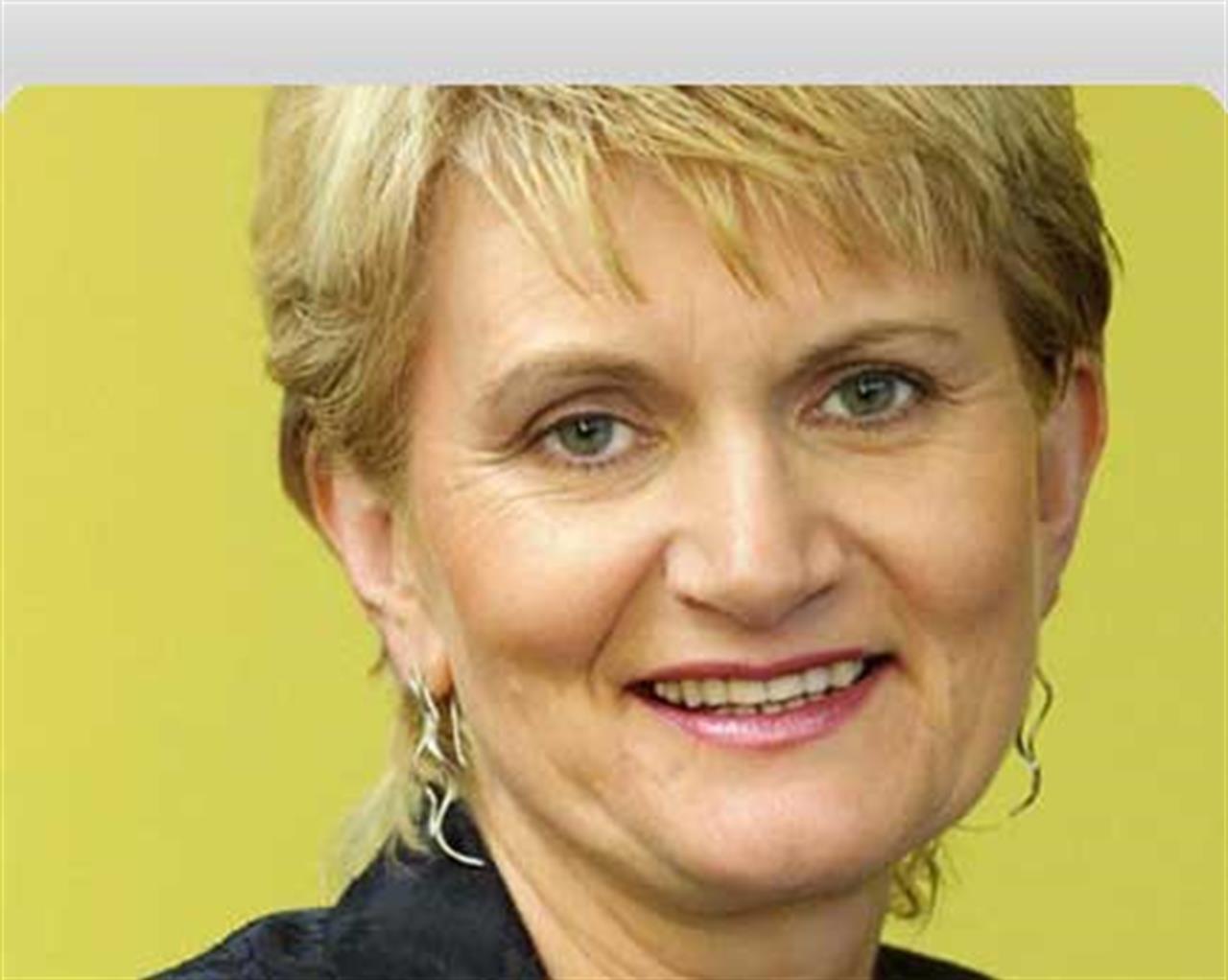Politica
Marian Harkin: Towards a European year for volunteering
Volunteers are Europe's hope - both in view of the crisis and in view of the European elections, according to EMP volunteering champion Marian Harkin, who described them "agents of change".
di Staff

In 2011 European volunteers will at last have the recognition they deserve – a whole year dedicated to their work and commitment. The announcement was made by European Member of Parliament Marian Harkin (elected by Ireland), a great supporter of volunteering who also proposed that the EU introduce measures which recognise and value the contribution of volunteering. The European Year for Volunteering has been accepted by the European Commission and an official announcement is expected shortly, just a few months away from the European Parliamentary elections in June. Marian Harkin described this as “a great opportunity for volunteering”, and highlights volunteering’s role as “agent of change” in her speech at a seminar in Rome on February 9. The seminar, organised by the Italian volunteer service centre (CSV) which is also working with Harkin and Italian organizations to prepare a volunteering Manifesto to be presented to Italian EU Parliamentary candidates, saw the presentation of 4 Italian EC financed projects.
Are the elections an opportunity for the volontari sector?
Yes, certainly. They represent an opportunity that can absolutely not be missed. This goes for all European countries, of course. Those who represent their nations in parliament must be made aware of the sector’s needs and contribution. They must also take a proactive role in supporting volunteering in the community’s programmes and legislation.
Will the crisis make all of this more difficult?
I don’t think so. The crisis has, at least in part, been caused by greed, which is a principle that volunteering opposes. Volunteering supports values such as solidarity, cooperation, not for profit opportunities. In short: volunteering proposes a completely different mental perspective to the crisis, to this exasperated liberalism. I’m not saying that the solution will come from the voluntary sector, but certainly that it will have a role to play.
What role?
For example by contributing to changing the mindset. Ofcourse the crisis is enormous but even “small” initiatives can help change attitudes. Take microcredit for example. Most banks in most countries do not offer microloans, and yet they are so useful.
Have there been any recent European initiatives to support volunteering?
I think the work carried out over the past two years has brought excellent results. No doubt there is more attention being paid and more listening going on. In some countries, like Italy and Ireland, the contribution volunteering makes – even in terms of GDP – has been recognized. In other respects we are still lagging behind. I am sure that the decision to make 2011 the European year for volunteering will contribute to increase awareness. We still must wait for an official decision but I feel that I can say with certainty that 2011 will be the year for volunteering. There are, however, a couple of practical suggestions I would like to give organizations, after all it is a world that I know very well as I myself come from it.
Go ahead …
First of all it is important that organizations define their programmes and action plans, without waiting around to see what governments will do. Then I would like to remind them that many programmes can be cofinanced if a record of volunteer hours spent on an initiative is kept. This strategy is partly new and is not available everywhere, but there is a programme in act to help spread it. Thirdly, I would like to sat that in the proposal we have highlighted that organizations have to be called on to define the EU strategy. This means they have to be called and considered partners. This is a step forwards but does not mean they have to stop putting pressure on the institutions: it is up to them to ensure that they are treated like partners. Not only when it comes to decision making but also when it comes to deciding whether organisations should pay VAT.
In other words you are saying that the voluntary sector mustn’t be “shy”…
Exactly. It also has to be connected. There are excellent interface programmes in many countries that can help to create networks and overcome hurdles – things like national laws, which can sometimes get in the way. This is another reason that the EU elections are an excellent opportunity.
Find out more: www.marianharkin.ie
Nessuno ti regala niente, noi sì
Hai letto questo articolo liberamente, senza essere bloccato dopo le prime righe. Ti è piaciuto? L’hai trovato interessante e utile? Gli articoli online di VITA sono in larga parte accessibili gratuitamente. Ci teniamo sia così per sempre, perché l’informazione è un diritto di tutti. E possiamo farlo grazie al supporto di chi si abbona.
